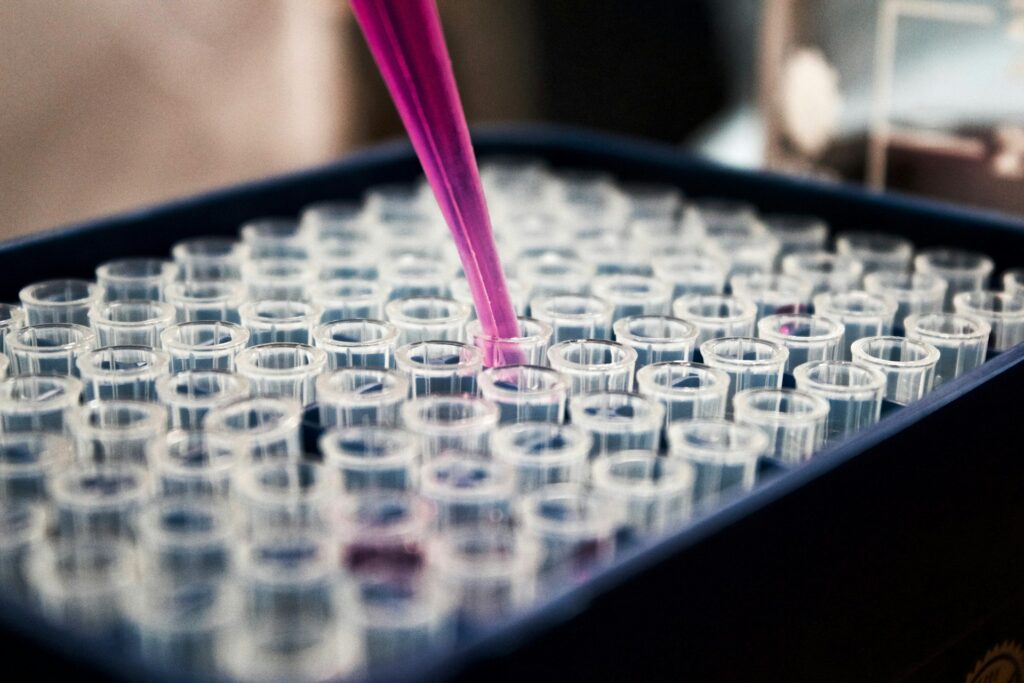In a groundbreaking development, scientists have successfully cultivated human blood stem cells in a lab, offering a new approach to treating blood cancers and disorders like leukemia and bone marrow failure. Researchers at the Melbourne Children’s Research Institute (MCRI) have managed to overcome long-standing barriers in producing these vital cells, which can give rise to red and white blood cells as well as platelets.
Elizabeth Ng, an associate professor at MCRI, described the significance of the breakthrough:
“The ability to take any cell from a patient, reprogram it into a stem cell, and then turn these into specifically matched blood cells for transplantation will have a massive impact on these vulnerable patients’ lives.”
This advancement could provide new, tailored treatments, eliminating the need for a perfect donor match, which has historically been a major hurdle.

The lab-grown cells were tested on immune-deficient mice, successfully mimicking the bone marrow transplants seen in traditional treatments. This achievement demonstrates the potential for personalised therapies that could bypass donor shortages and reduce the risks of complications often seen in mismatched transplants.
Professor Andrew Elefanty remarked on the implications:
“Developing personalized, patient-specific blood stem cells will prevent these complications, address donor shortages, and, alongside genome editing, help correct underlying causes of blood diseases”
The research team is now focused on preparing for human clinical trials, with hopes to begin within five years, depending on government funding. The future of this innovation looks bright, offering a safer and more reliable path for treating blood disorders in children and adults alike.

Hassan graduated with a Master’s degree in Chemical Engineering from the University of Chester (UK). He currently works as a design engineering consultant for one of the largest engineering firms in the world along with being an associate member of the Institute of Chemical Engineers (IChemE).



